'Star Wars' Conductor Anthony Parnther Makes Carnegie Hall Debut With All-Black Orchestra
By Kristin Myers on April 17, 2022 at 10:30 AM EDT
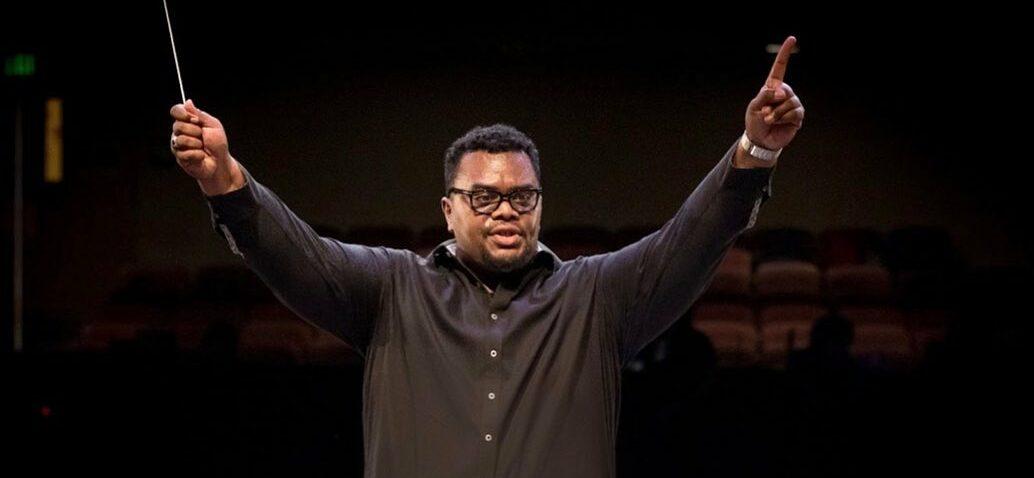
Conductor Anthony Parnther is making his way from a galaxy far, far away to Carnegie Hall!
The news was first reported by The Hollywood Reporter, who noted that Parnther has conducted music for several Disney+ "Star Wars" live-action shows, such as "The Mandalorian," "The Book of Boba Fett," and the upcoming "Obi-Wan Kenobi" series, which will drop its first two episodes on Friday, May 27, to coincide with the 2022 Star Wars Celebration in Anaheim, California.
This time, Partner will lead the Gateways Music Festival Orchestra in a compilation of works by composers George Walker, Florence Price, and Jon Batiste.
Anthony Parnther Has A Long History With 'Star Wars' Music
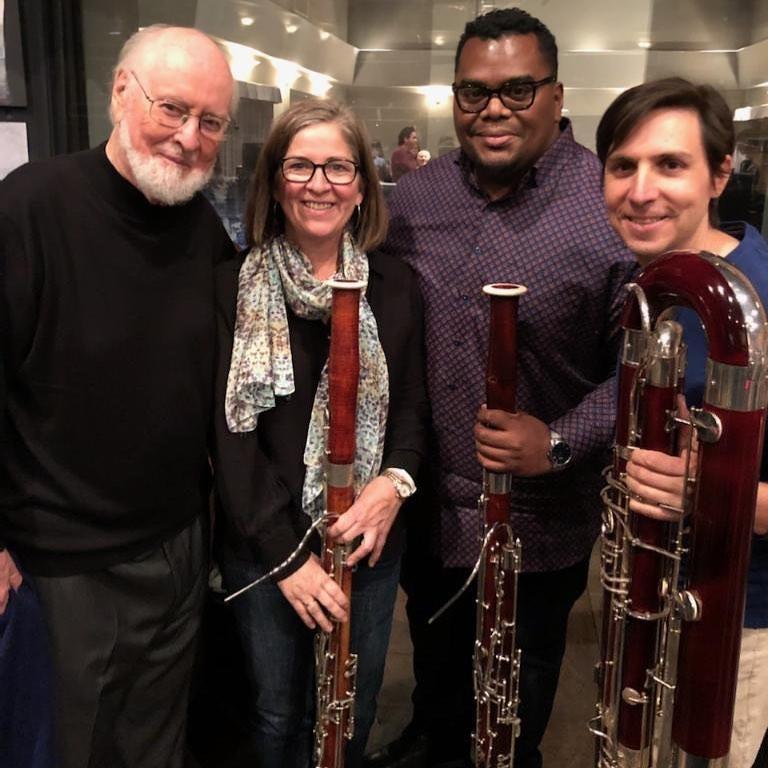
Parnther also plays the bassoon and will display his musical talents in the soundtrack of the "Obi-Wan Kenobi" series.
Parnther is a huge fan of the bassoon and believes that it made an appearance in 1977's "A New Hope" in Tatooine's Mos Eisley cantina band.
“I think it was played in the cantina band,” Parnther told the outlet. “That’s a rather bassoon-y looking instrument.”
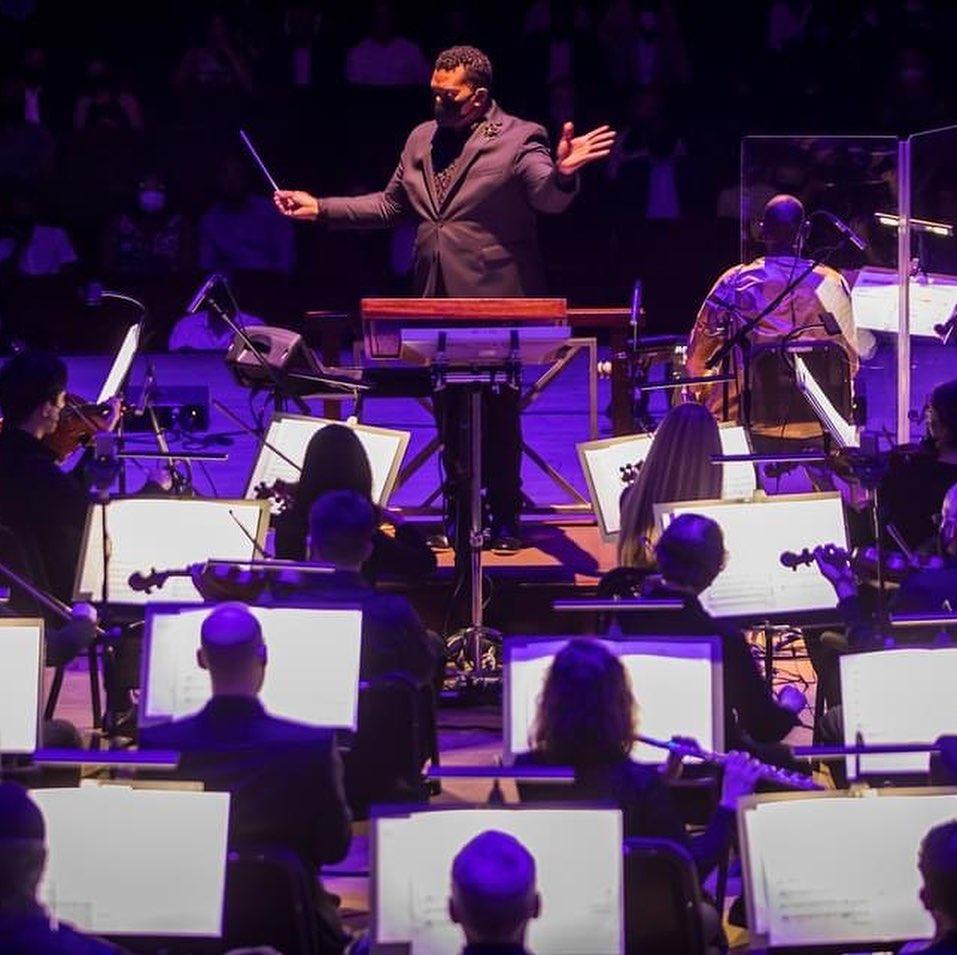
However, that's not the only time that "Star Wars" fans have heard his talents on the bassoon. Parnther also played bassoon on the scores for the final film in the Skywalker Saga, "The Rise of Skywalker" (by John Williams), "Rogue One" (by Michael Giacchino), and "Solo: A Star Wars Story" (by John Powell).
He also conducted Ludwig Göransson’s score for the hit Disney+ series "The Mandalorian," and the music for its spin-off show, "The Book of Boba Fett."
Anthony Parnther Says He Was 'Obsessed' With 'Star Wars' Growing Up
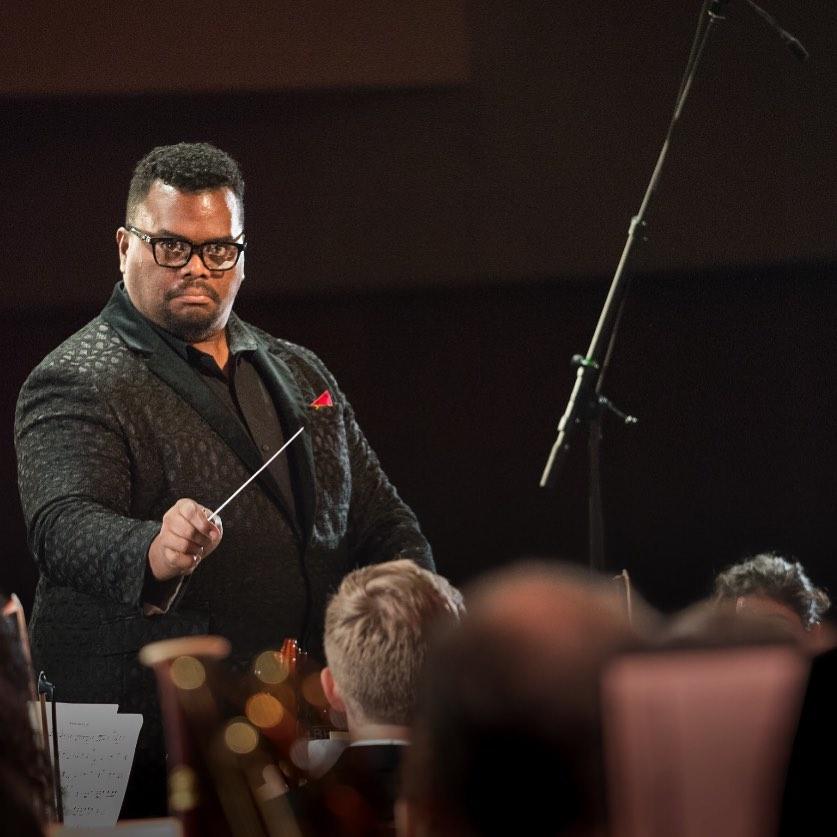
Partner recalled that he became "obsessed" with the films growing up in Lynchburg, Virginia in the 80s and 90s.
“I’ve had quite an affiliation with Star Wars,” Parnther admitted.
He explained that he was a first-generation American son of a Jamaican father and a Samoan mother, who eventually went on to study music and Northwestern and Yale.
On April 24, Parnther will make his debut at Carnegie Hall as the guest conductor of the Gateways Music Festival Orchestra after Michael Morgan passed away in August 2021.
'...there’s a myth that there is a lack of qualified black classical musicians'
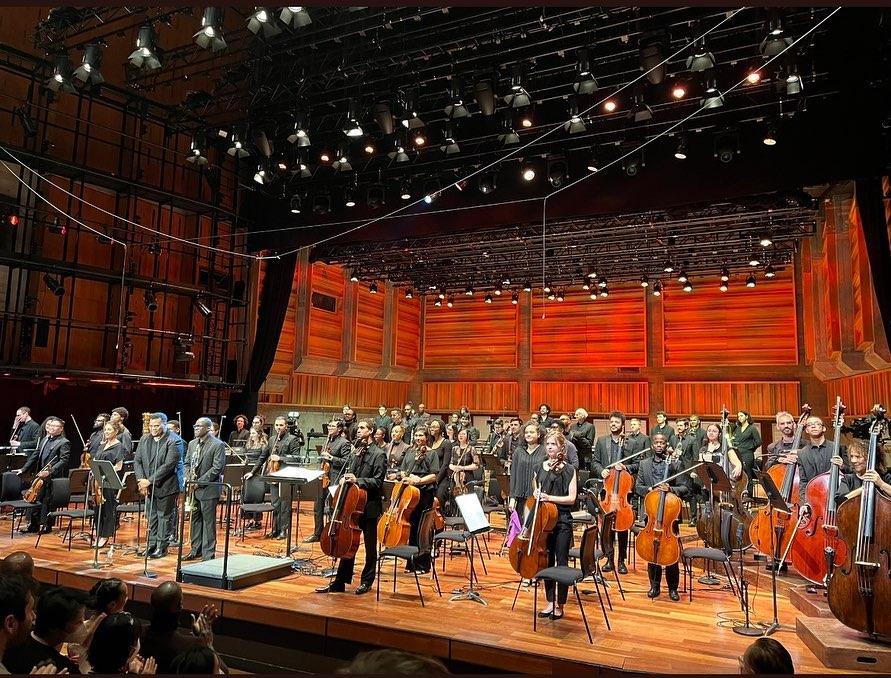
The seasonal Gateways Music Festival Orchestra, which was founded in 1993, consists entirely of Black musicians, who are often underrepresented in classical music.
Parnther explained that "there’s a myth that there is a lack of qualified black classical musicians. And I can tell you that the lack is not in the availability of qualified musicians. The lack is in the platform or the access to institutions in order for those musicians to flourish."
He continued, "We account for so few of working professional, classical musicians that, you know, oftentimes I’m almost always the only person of color — from an underrepresented minority, anyways — in the room. And I think that that’s true for the vast majority of the people who will be in the Gateways Orchestra."
"So this is a safe space where a whole community of musicians who have some very specific things in common culturally, and life experiences can come together and make this beautiful music and share beauty," he added.
Anthony Parnther Discusses The Differences In Conducting Hollywood Scores
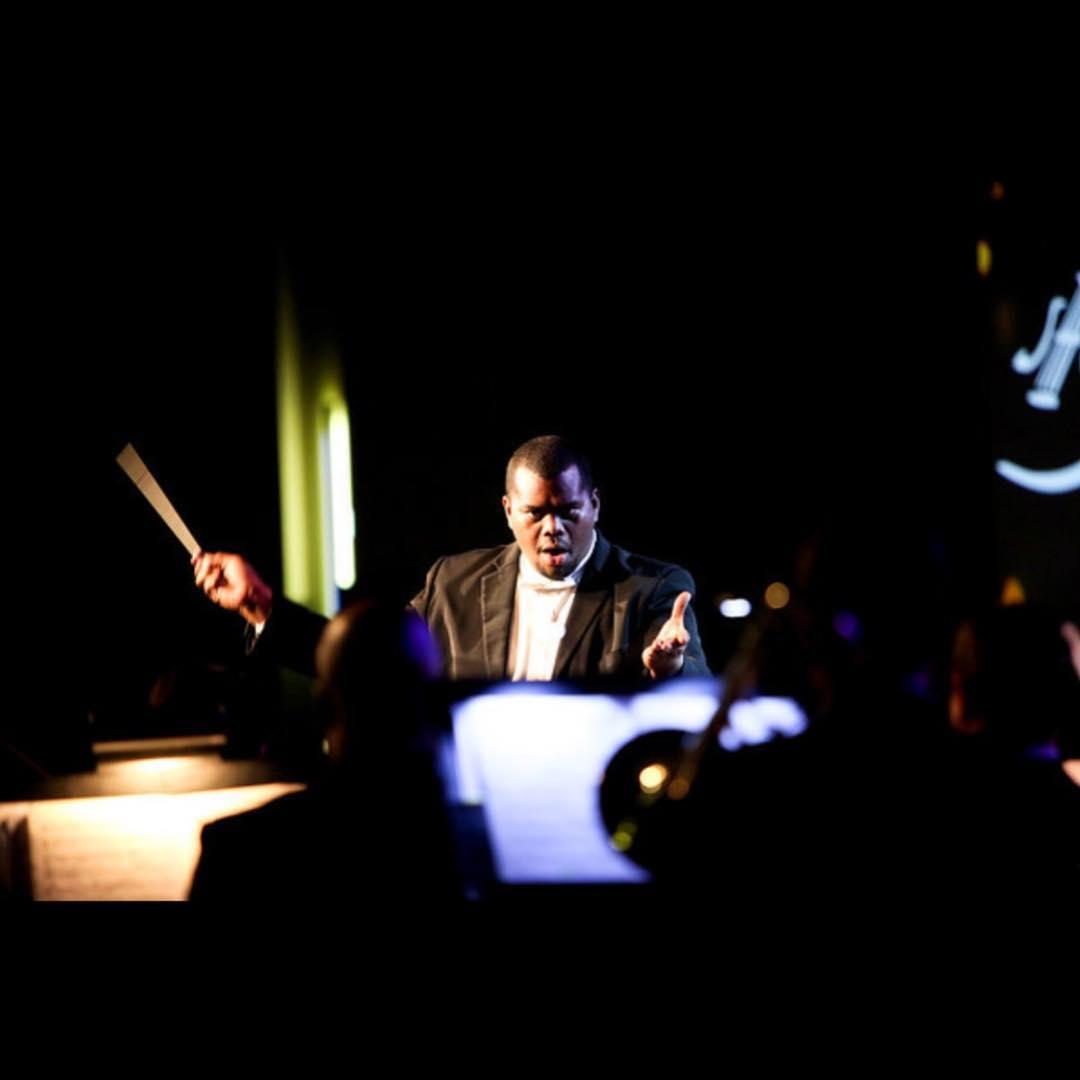
When asked about the differences between conducting a Hollywood score and conducting a symphonic orchestra, Parnther had a ready answer.
"Well, the main difference — in general, not always — is that when I’m conducting a film score, the composer is usually 20 feet away. And alive," he joked
"But they are very different responsibilities," he explained. "I just treat each day differently: Today my responsibility is to Ludwig Goransson [composer of the Mandalorian and Turning Red, among many other scores]. And then the next day, my responsibility is to Ludwig von Beethoven."
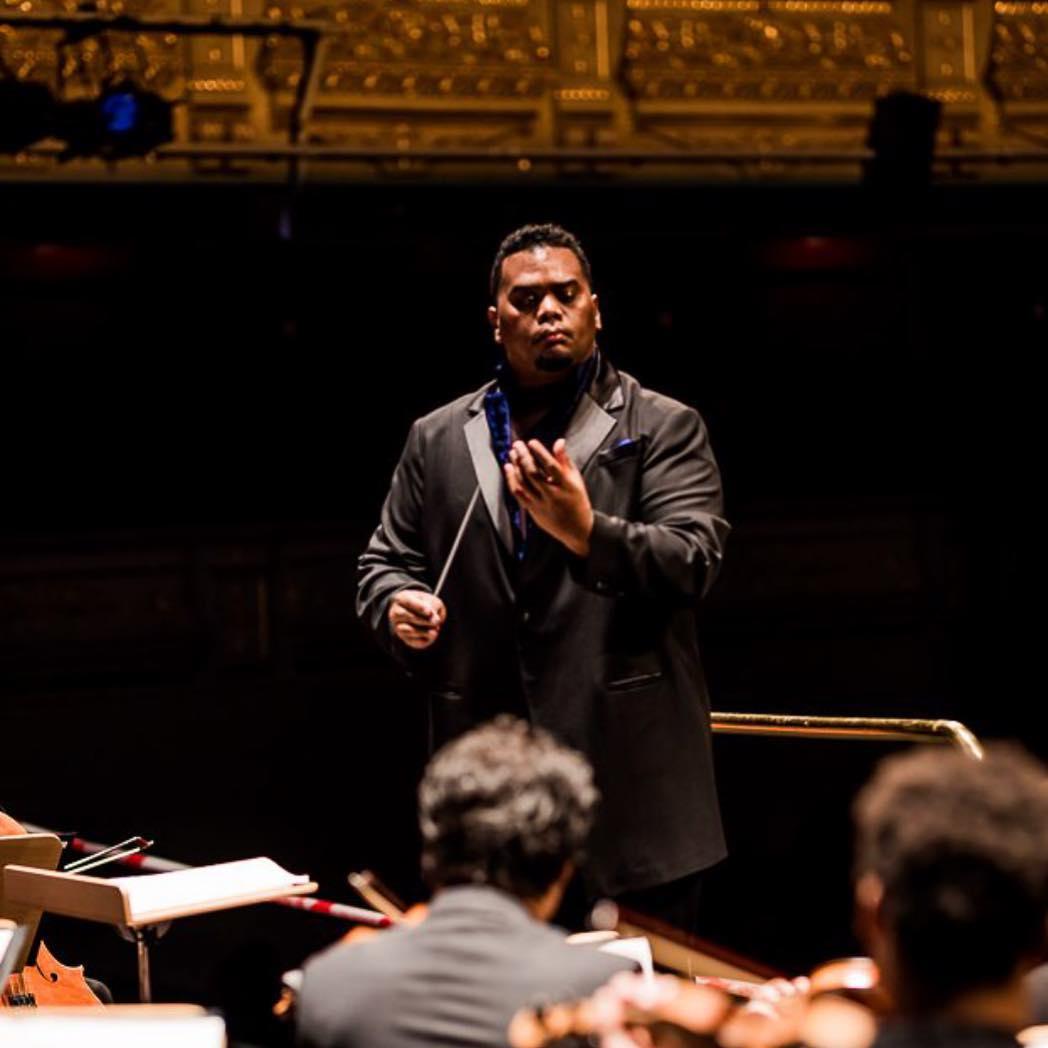
"I actually just came up with that," he added. "I feel pretty clever for that. The two most famous Ludwigs!"
He continued, "I don’t feel that, even if I’m conducting the music of Beethoven or Mozart, that it’s my job as a conductor to take liberties. I have a real strict sense of that."
"It’s my job as a conductor to realize the composer’s intentions," he explained. "Now I know that there are other conductors who are big into making their own imprint, but I’m not really of that mind. I’m really of the mind that, if I’m looking at the score, most of the answers are in what the composer has written."
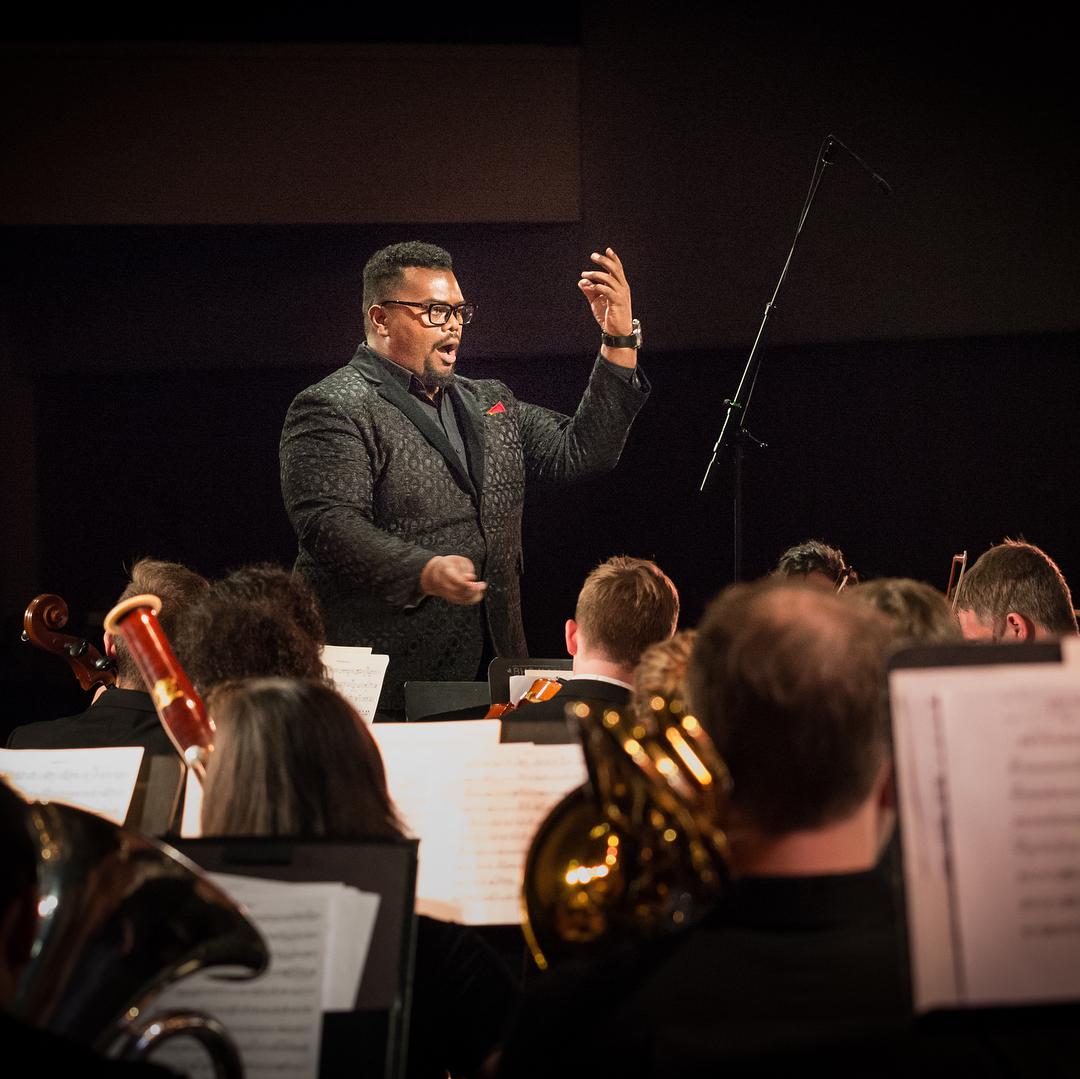
"Of course, that’s not always the case," he admitted. "There are some places where you really do have to know what the intent at the time was and things along those lines, but most of the answers are in the scoring and it’s my job to realize what’s been written."